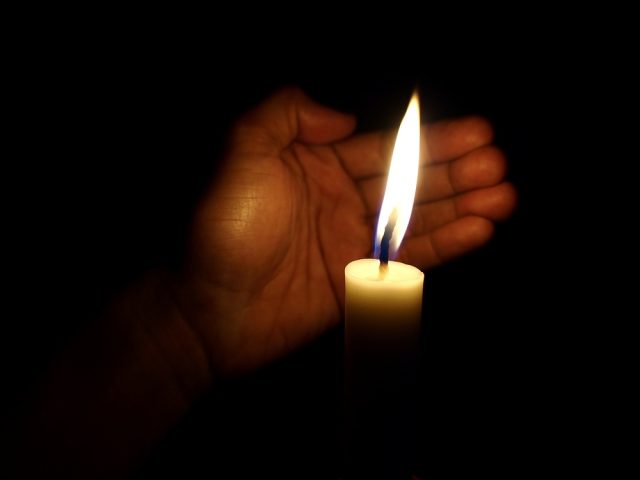
The network of electricity transmission operators (TSOs), ENTSO-e, has published its annual winter outlook report under the name Winter Outlook 2022-2023. In the publication, ENTSO-e states that “there is tension” to ensure “security of supply”. This means that the closer winter approaches, the greater the need for government plans to mitigate the danger of blackouts in Europe.
The Member States most at risk of not being able to secure their country’s electricity supply are France, Ireland, Finland, Malta, Cyprus, and southern Sweden. The problem, according to the Winter Outlook 2022-2023 report, is instability, poor energy management, and energy dependency. The threat lies in the fact that three of them are islands and are completely dependent on supplies from third parties, and the rest are also dependent on nuclear energy or coal, with Germany and Poland joining them in this respect.
The European authorities are warning of a collapse of the supply network, which could result in communications, mobile phones, electricity, or heating cuts. To alleviate these situations, countries such as Germany and Belgium have already provided their populations with guides to learn how to “survive” without electricity.
Since the European Union’s plan only contemplated measures that states could take at the national level, different countries have carried out different initiatives. Germany has already published a guide urging citizens to stock up on blankets, candles, torches, and even drinking water. Similarly, Belgium has published a website that helps its citizens to draw up a personalised emergency plan for each case in the impending energy crisis.
Austria has also opted to recommend an emergency kit, according to an Austrian report in which they announce, according to a government report, that 28% of citizens see a blackout in the country as “likely”. Therefore, Vienna’s publicity has focused on street posters inviting the population to make such a kit. The Austrian government has also announced, in a press release from the Interior Department, that it will focus on ensuring the “resilience” of police stations so that they “do not depend on third parties” and can produce their own energy, as well as investing 90 million euros to similarly reinforce military barracks to make them “self-sufficient”.
On the other hand, France is not in danger of a continuous blackout but could suffer partial outages due to problems with domestic electricity production. France has been trying to encourage car sharing to alleviate rising petrol prices. The United Kingdom, on the other hand, has recommended that its citizens take cold showers to use less hot water, while the British Food Bank has asked for donations of products that accumulate and are not used up so that the most disadvantaged can also have access to food and avoid shortages.
However, Spain is not included in this group of countries because, according to its president, Pedro Sánchez, Madrid has a guaranteed supply of electricity and gas. This is because Spain has a different electricity system to the rest of the countries mentioned above, so the impact of Russian supply cuts is much less; in addition to the possibility that the European state has of supplying gas with other sources of energy.



 Subscribe
Subscribe